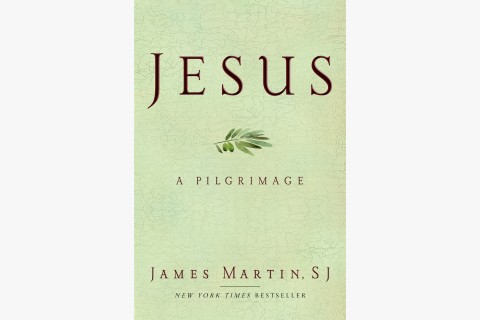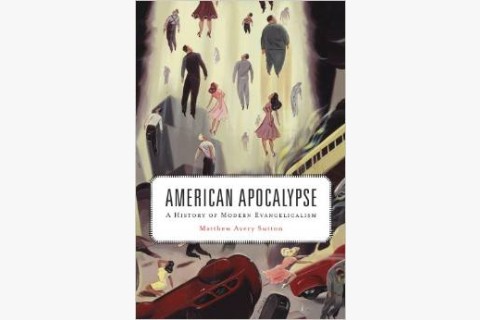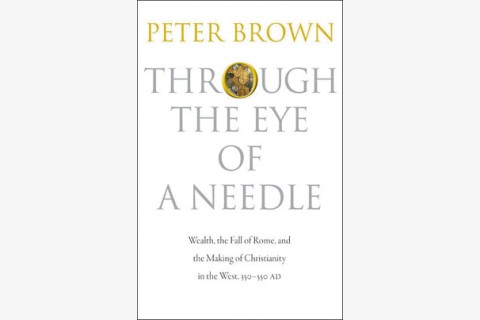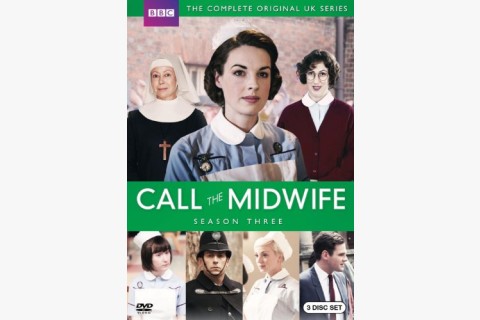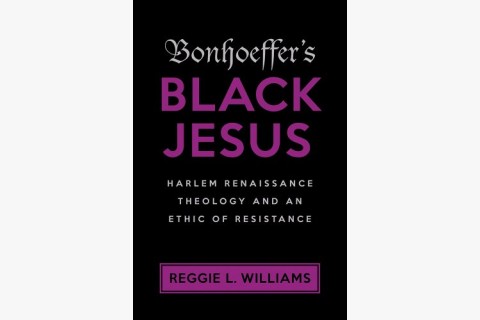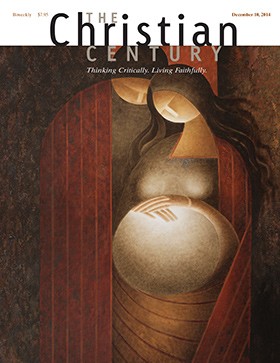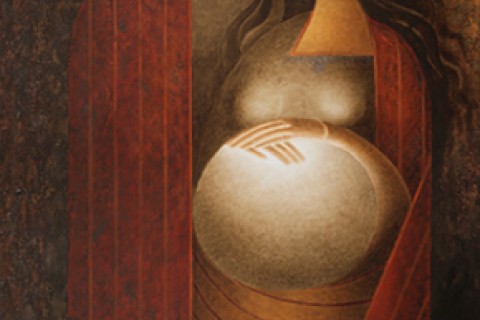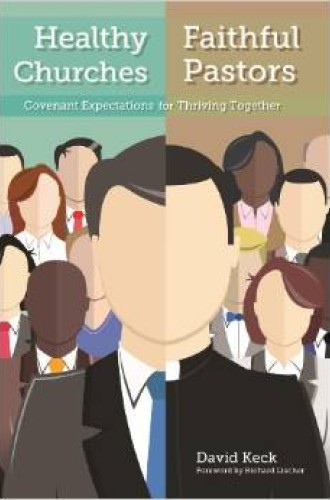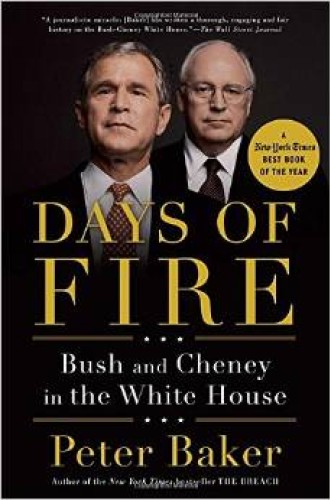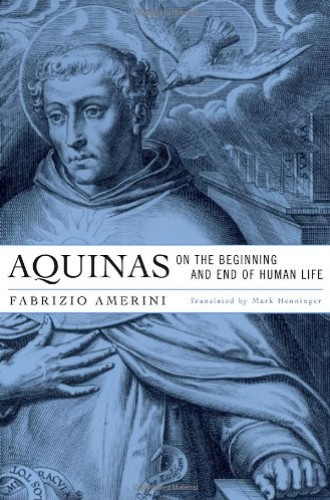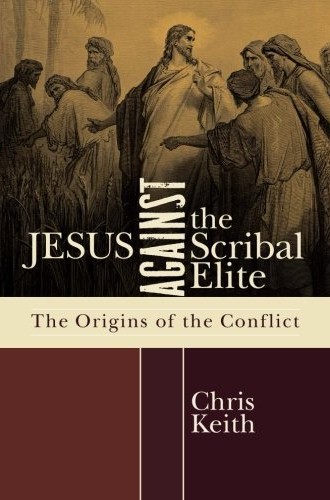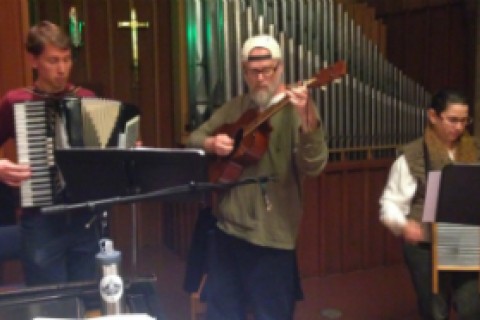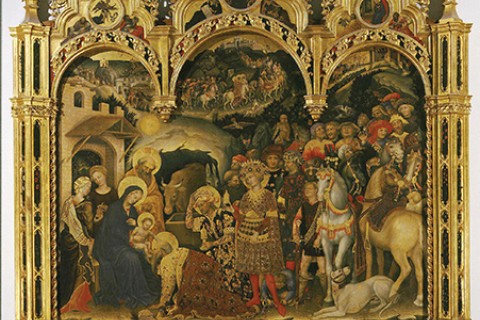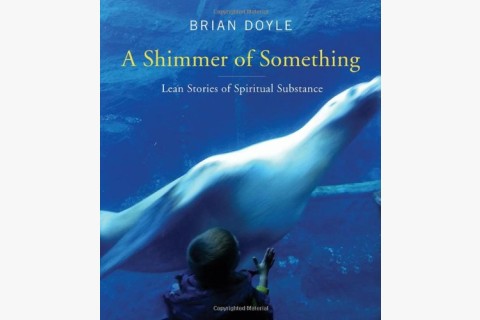Features
Right-brained apologetics: Writer Francis Spufford
Refuge in Uganda: A poor nation opens its doors
To give and to receive
Hyphenated life: Mixed loyalties in family and faith
The other woman
Books
Healthy Churches, Faithful Pastors, by David Keck
David Keck offers a refreshing addition to the conversation about vocational expectations. Eugene Peterson’s vision of holiness resonates with Keck, but Keck takes a different tack.
Days of Fire, by Peter Baker
Few Americans today could identify any of FDR’s vice presidents. Yet little surprise is occasioned by Peter Baker’s treatment of Dick Cheney as a costar with George W. Bush.
Aquinas on the Beginning and End of Human Life, by Fabrizio Amerini
Fabrizio Amerini’s analysis creates precision about Aquinas on beginning-of-life issues—something other accounts, especially abortion polemics, often lack.
The preacher’s wife
In a crucial scene of Marilynne Robinson’s new novel, Lila spends the morning thinking, has lunch, then thinks some more. Why isn’t this boring?
Jesus against the Scribal Elite, by Chris Keith
Chris Keith sets out to answer two questions. What lay at the heart of the conflict between Jesus and some of the religious authorities of his day? And how, if at all, did Jesus read Israel’s scriptures?
Departments
Pickles: A history
Music that changes
Adoration of the Magi, by Gentile da Fabriano (ca. 1423)
Serious waiting


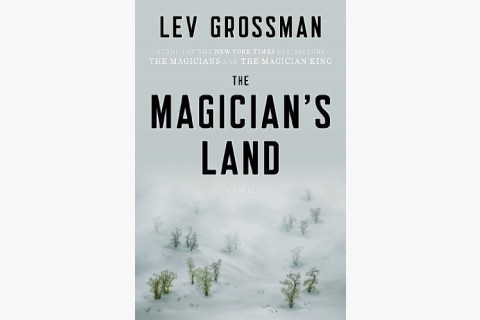
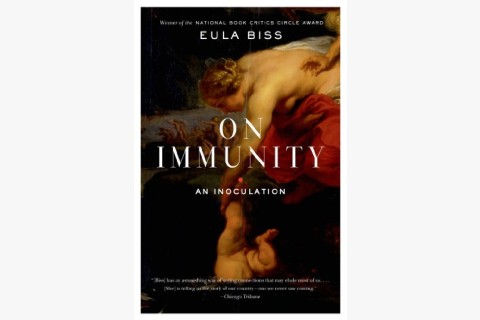
Cosmic questions
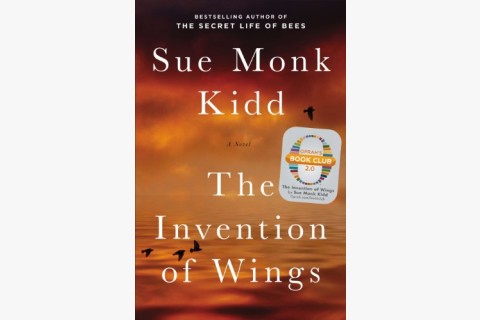
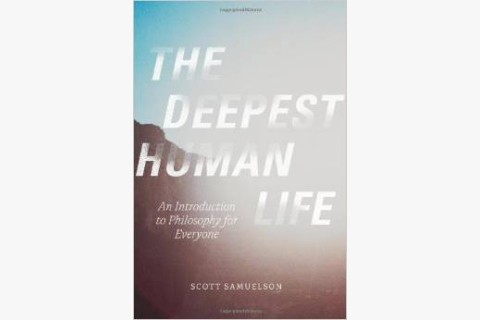
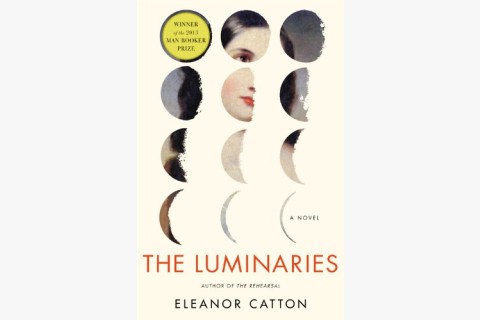
Refugee crisis
